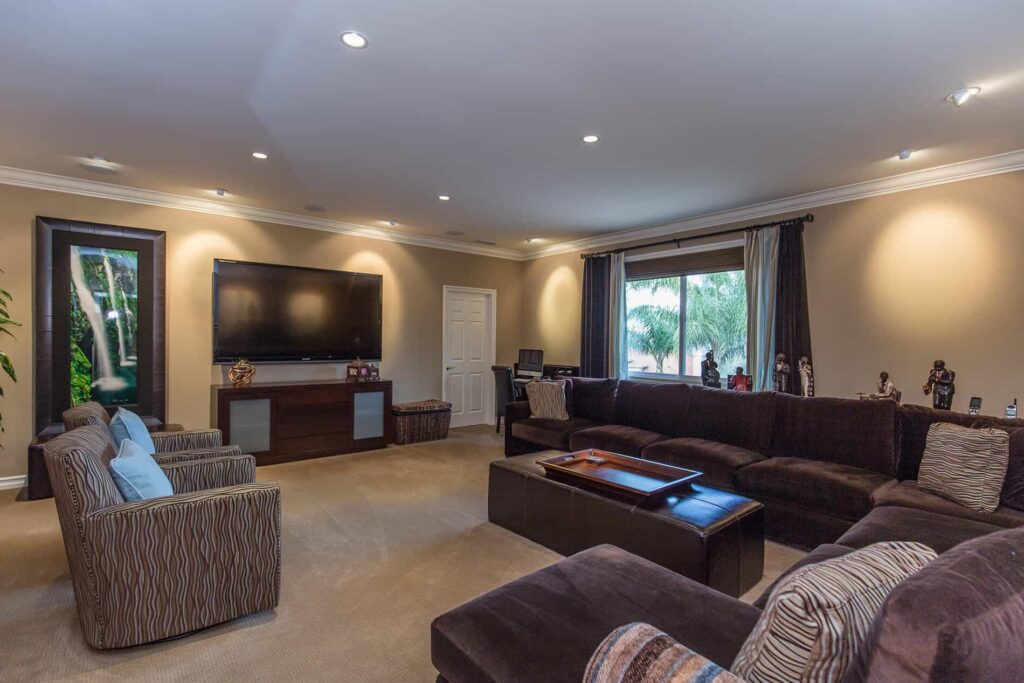At Hillcrest Adolescent Treatment, the staff at our Teen substance abuse treatment programs understand the unique challenges families face when confronting teen substance abuse and addiction.
Nearly 1 in 8 teenagers have reported using illicit substances in the past year, with many beginning experimentation as early as age 13.
With clinical expertise and compassionate care, we’re here to help adolescents and their families overcome addiction and build a foundation for lasting recovery.
Learn more about our teen treatment programs or call us now at 800-275-1707.
Substance Abuse Treatment Programs for Teens
We offer specialized treatment programs for various substance use disorders:
By age 15, approximately 29% of teens have had at least one drink, and by age 18, that number rises to 58%
Comprehensive treatment addressing both the physical and psychological aspects of drug dependence, tailored specifically for adolescents.
Our comprehensive adolescent marijuana addiction treatment programs are specifically designed to address marijuana dependency in teenagers.
Focused care for teens struggling with amphetamine use, including medical supervision and behavioral therapy.
Specialized treatment addressing the unique challenges of cocaine addiction in adolescents, with emphasis on preventing relapse.
Expert care for teens affected by inhalant use, including medical monitoring and therapeutic intervention.
Targeted treatment programs addressing ketamine dependency and its psychological effects.
Intensive care focusing on both the immediate and long-term effects of methamphetamine use.
Specialized treatment for teens struggling with prescription medication dependency.
Evidence-based programs helping teens overcome nicotine addiction and develop healthy coping mechanisms.
Comprehensive treatment combining medical care with therapeutic support for opioid dependency.
Specialized treatment programs addressing heroin addiction through and intensive therapy to support long-term recovery.
Integrated treatment addressing both substance use and co-occurring mental health conditions.
For many teenagers, vaping isn’t simply a behavioral choice – it’s often a symptom of deeper emotional and psychological challenges.
How Treatment At Hillcrest Adolescent Works
At our teen substance abuse treatment, we offer a three-phase approach spanning 90 days
We recognize that true healing requires time and patience. During the first 30 days, teens adjust to their new environment and begin building trust with our team.
As they become more comfortable, they may face challenges including regression or frustration – natural parts of the healing process where real transformation begins.
We understand parents’ instinct to protect their children during difficult moments. However, our experienced team guides families through these crucial phases of growth, ensuring that each challenge becomes an opportunity for development and positive change.
More: What Parents Can Expect
Levels of Care In Teen Substance Abuse Treatment
At Hillcrest, we provide multiple treatment options to meet each teen’s unique needs and circumstances. Our evidence-based programs offer varying levels of structure and support, ensuring the right fit for your child’s recovery journey.
Residential Treatment
Our residential program provides 24/7 structured care in a therapeutic environment. Teens receive intensive individual and group therapy, academic support, and medical supervision while developing essential life skills and coping mechanisms. This immersive setting allows for focused recovery away from external triggers and negative influences.
Partial Hospitalization
The Partial Hospitalization Program (PHP) offers comprehensive treatment while allowing teens to return home in the evenings. This program includes daily therapy sessions, medical monitoring, and educational support, providing a structured environment that helps teens transition back to daily life while maintaining their recovery progress.
How Do I Know My Teen Is Struggling With Substance Abuse?
Understanding the signs of substance abuse can help parents identify when their teen needs professional help. Early intervention is crucial for successful recovery.
Signs of Substance Abuse In Teens
Common indicators that your teen may be struggling with substance abuse include:
- Behavioral Changes: Sudden shifts in friend groups, secretive behavior, breaking curfew, or declining grades in school
- Physical Symptoms: Unexplained weight changes, bloodshot eyes, poor hygiene, unusual sleep patterns, or frequent health complaints
- Emotional Signs: Mood swings, irritability, defensiveness, or loss of interest in previously enjoyed activities
- Social Indicators: Missing money or valuables, finding drug paraphernalia, or receiving suspicious packages
Begin Teen Substance Abuse Treatment Today
Don’t wait to seek help for your teen. Contact Hillcrest Adolescent Treatment today to speak with our admissions team about our comprehensive substance abuse treatment programs. Your teen’s journey to recovery starts here.






